Rokas Law Office PLLC
For more than 10 years, our office has specialized in US immigration and nationality law affairs, helping people immigrate to the USA. With Dr. Rokas being an immigrant himself you will have a professional but personalized experience all the way.
There are 3 main ways of obtaining a green card through marriage

If you are already living in the USA under a status other than Permanent Resident (Green Card holder) you may be eligible to apply for lawful Permanent Resident status, possibly without even leaving the country. If you want to know more, check the procedures and fees or contact us.

If you are engaged to a US citizen and you intend to marry them, you may be eligible to apply for a temporary fiancé(e) VISA. If you want to know more about your options on what country to marry and what are the differences, check the procedures and fees or contact us.


If you are already married to a US citizen or Green Card holder living in the US, and you live outside the US, you might be eligible to apply for a conditional marriage green card. If you want to know more and how you can get a permanent marriage green card, check the procedures and fees or contact us.
Why Work With Us?
We Help Hundreds Of Clients A Year With Their Immigration Journey.

Confidentiality

Success

Communication

Affordable





